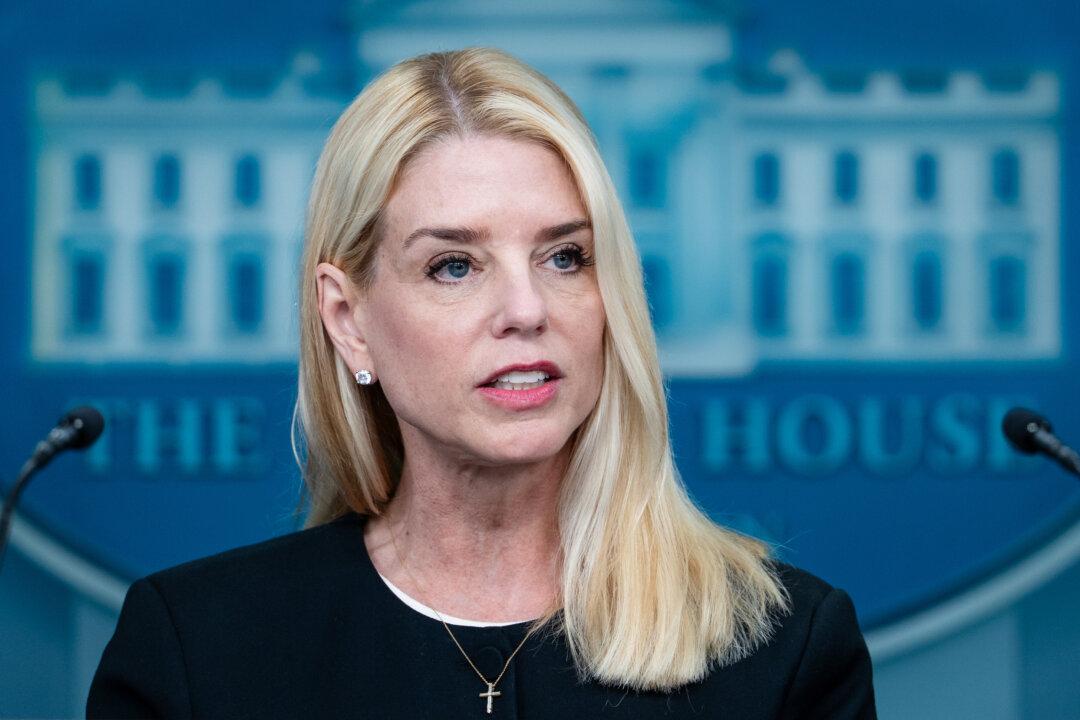The annual cost-of-living adjustment (COLA) for Social Security and Supplemental Security Income payments is forecast to be 2.5 percent next year, according to an estimate released Wednesday.
Notably, tens of millions of Social Security recipients received the same boost—2.5 percent—to their 2025 payments.
“Seniors should be concerned as inflation continues to tick upward. [The Senior Citizens League’s] research shows that there’s a serious disconnect between the inflation the government reports and the inflation that seniors experience every day. If the government tells us that prices are rising faster, it’s likely that seniors are already feeling the crunch,” said the group’s director, Shannon Benton, in a statement on Wednesday.
More than 72.5 million people receive either Social Security or Supplemental Security payments every month, the agency says.
In her statement, Benton also suggested that there should be few changes made to how the consumer price index is carried out because it may impact seniors’ livelihoods, responding to reports indicating fewer businesses are being surveyed by the Labor Department.
“While streamlining the federal government is a good thing, that shouldn’t involve cutting back on our ability to measure how our economy is changing. Inaccurate or unreliable data in the CPI dramatically increases the likelihood that seniors receive a COLA that’s lower than actual inflation, which can cost seniors thousands of dollars over the course of their retirement,” she said.
All of last month’s readings came in below economists’ expectations.
“Shelter and energy are going to keep the disinflation trend intact—prices are moving down in two of the largest categories,” Jamie Cox, a managing partner for Harris Financial Group, wrote in a note emailed to The Epoch Times.
“Fed should lower one full point,” Trump said on Wednesday. “Would pay much less interest on debt coming due. So important!”
Trump also said that a U.S.-China trade deal was completed, although duties on Chinese imports would still be higher than they were in January when Trump took office. The announcement comes following days of negotiations in London between the U.S. and Chinese delegations.







